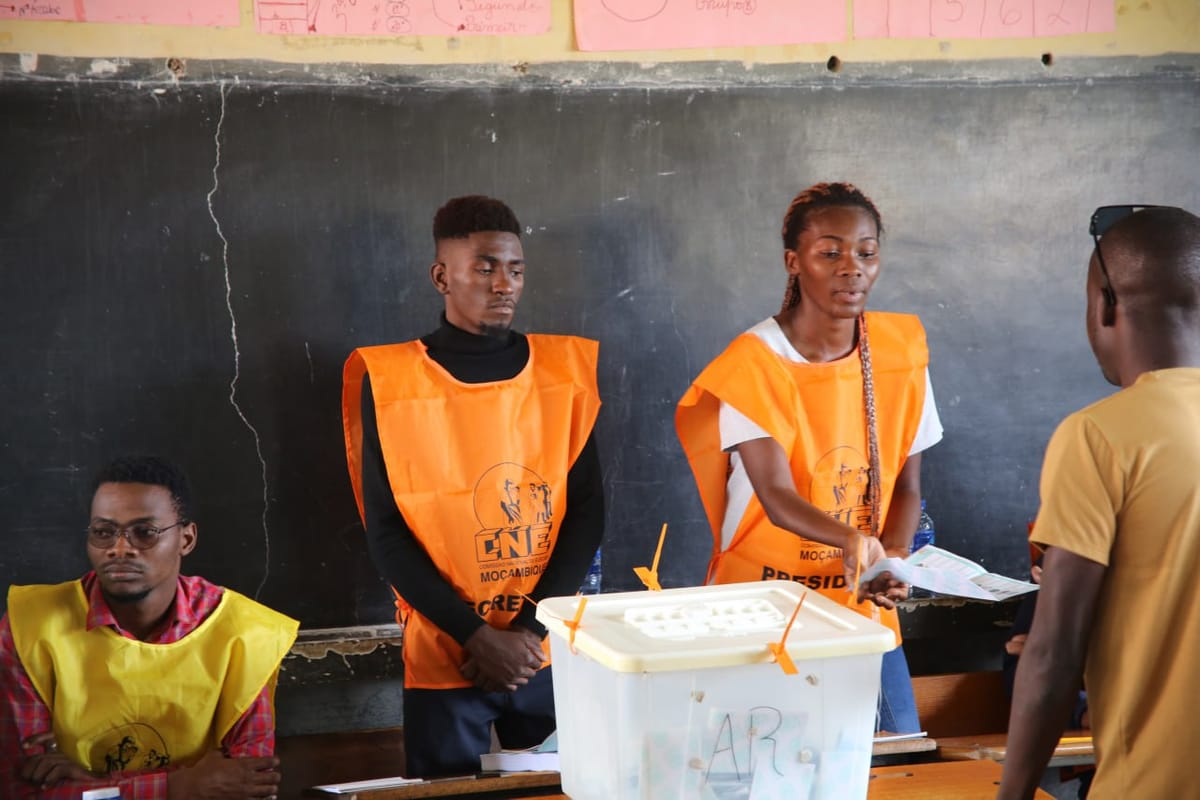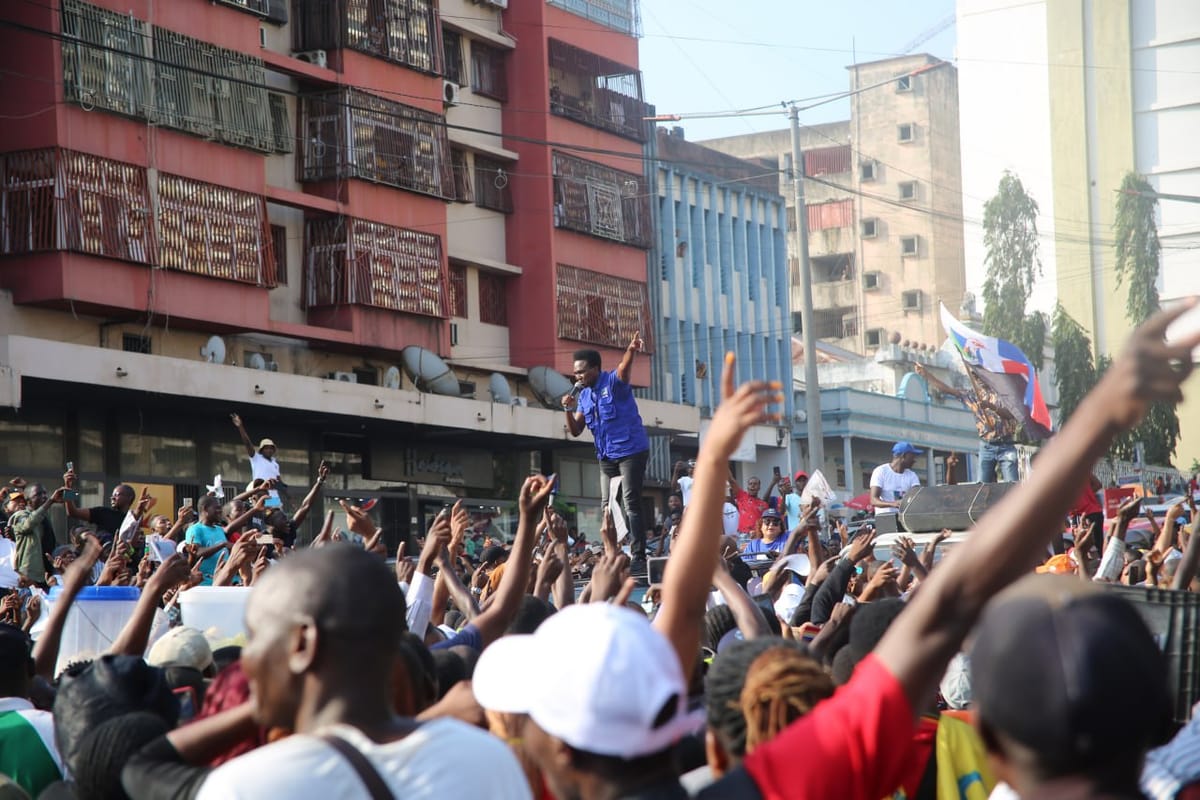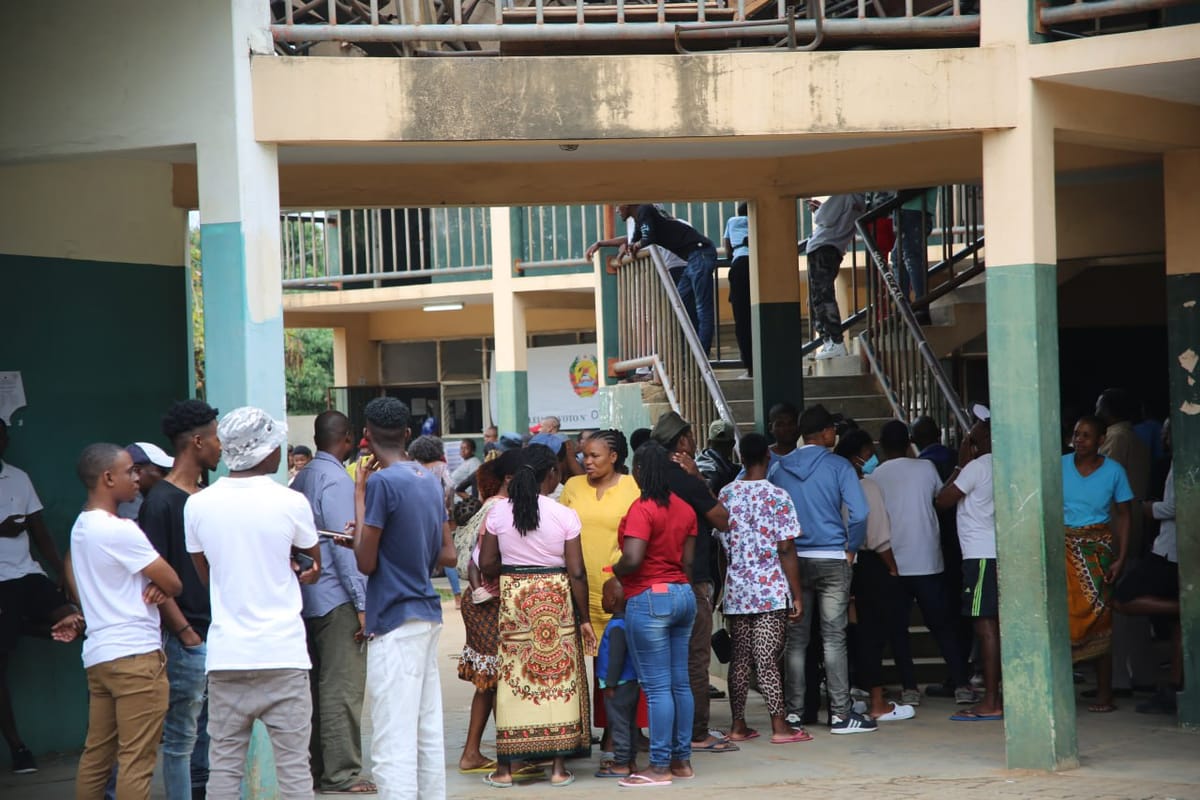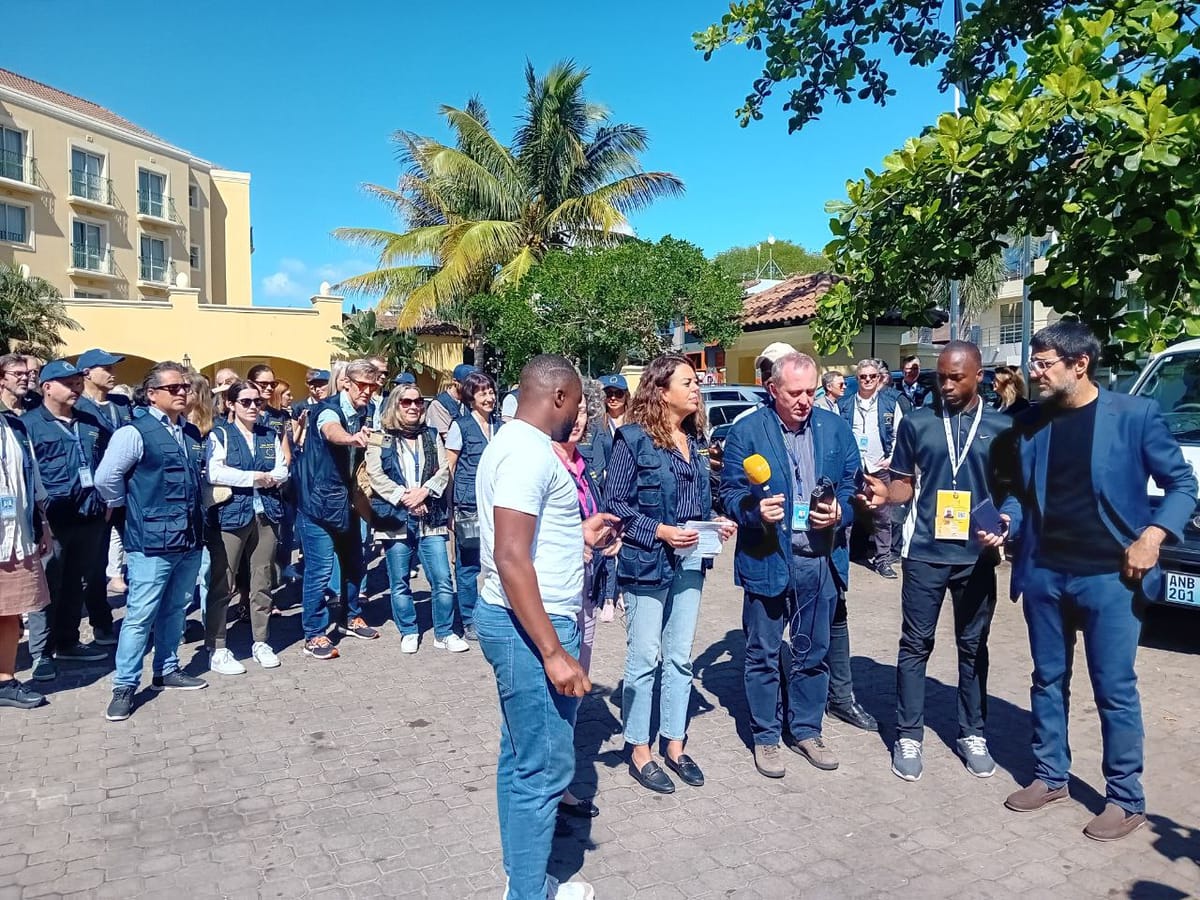Good afternoon. “Decentralisation” is not a hot-button issue with the average voter, but it is something that, compared to some far-fetched promises made by the presidential candidates, looks relatively likely to happen after tomorrow’s elections.
The full Daily Briefing continues below for Pro subscribers. Subscribers to the Zitamar News tier can read the top half, including the full leader article, here.
The latest from Zitamar News:
The term refers to moving decision-making bodies and powers out of the capital Maputo and into the provinces, something that politicians have been talking about since even before Mozambique became independent in 1975. Having Maputo as the political and economic capital means that jobs and wealth are concentrated in the far south of the country. Over 60% of Mozambicans are classified as poor, according to World Bank figures last year, but they are not evenly spread. Poor transport links mean that Maputo is out of easy reach for anyone in the centre or north. At the other end of the country, Cabo Delgado province may be rich in minerals and gas, but most of the population there live in squalid conditions, without safe drinking water, proper toilets or mains electricity.















